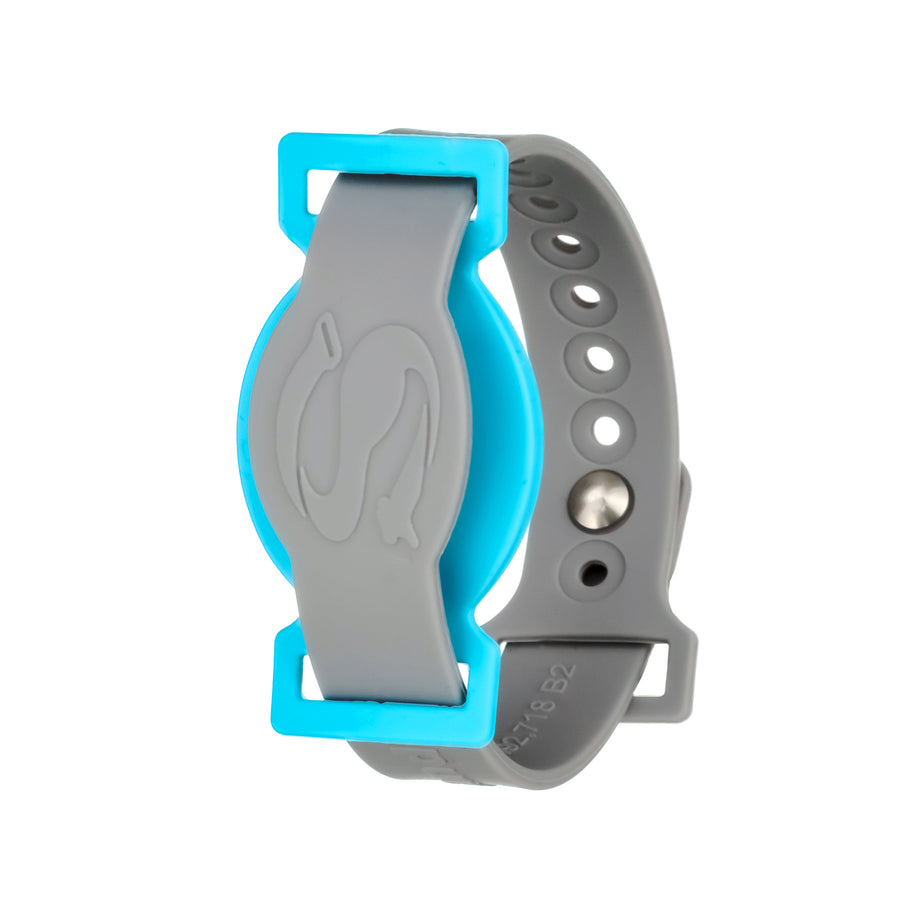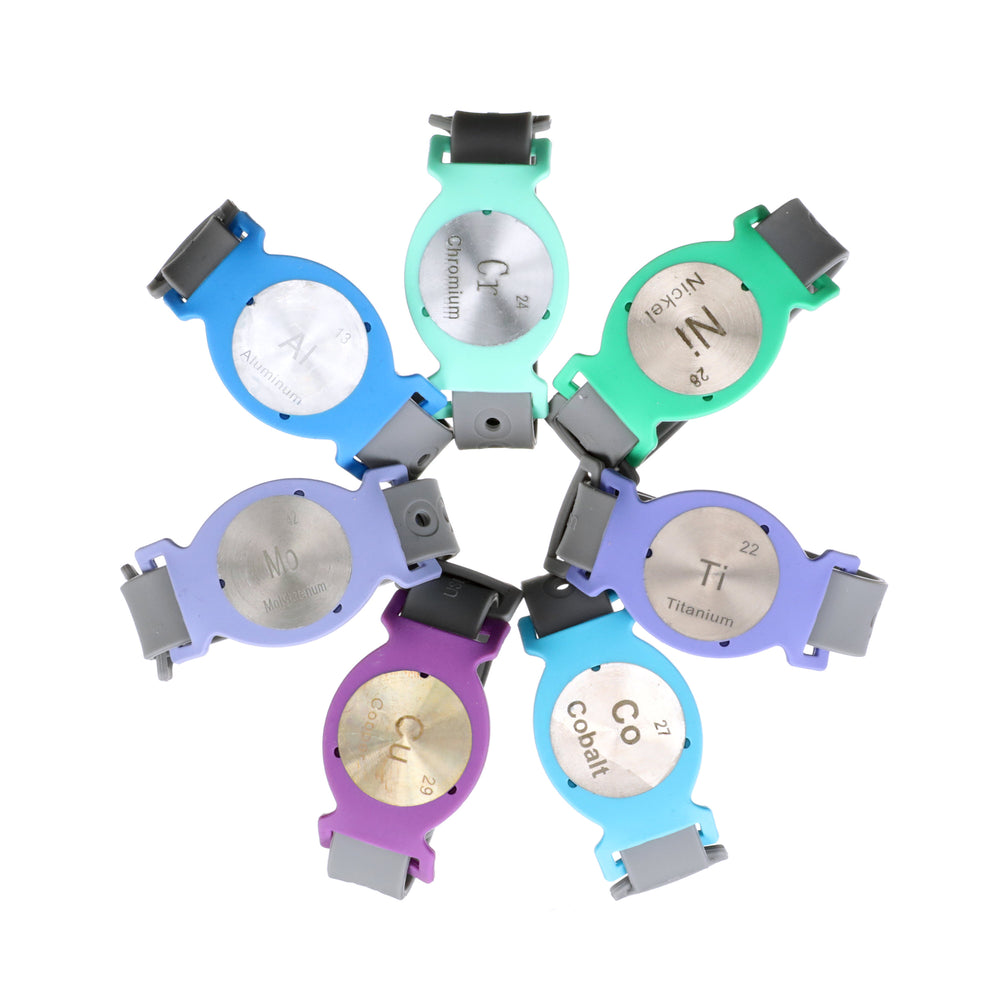Should I be worried if I have a metallic medical implant in my body?
Most individuals with medical and dental implants do well and do not experience any allergic reactions to their metallic implants, however there are some individuals who experience local and/or systemic symptoms.
The incidence of metal allergies is rising in the general population, most likely a consequence of increased exposure to metal from piercings, jewelry, and internal medical devices or dental restorations. Medical implants use multiple metals, including nickel, cobalt, chromium, molybdenum, zirconium, and titanium. As many as 13% of people are sensitive to nickel, cobalt, or chromium. 17% of women and 3% of men are allergic to nickel, and 1-2% of people are allergic to cobalt, chromium, or both. It is not surprising that immune response to medical implants is commonly reported in the literature, including hypersensitivity to pacemakers or other cardiovascular devices, dental implants, and orthopedic hardware, including joint replacement prostheses, fracture fixation devices, and pain-relief stimulators.14

If an individual experiences any of the symptoms for metal allergies, it would be wise to undergo testing to help make this diagnosis. Greater awareness of hypersensitivity to metals could prevent patient exposure to implants which could lead to significant morbidity.





